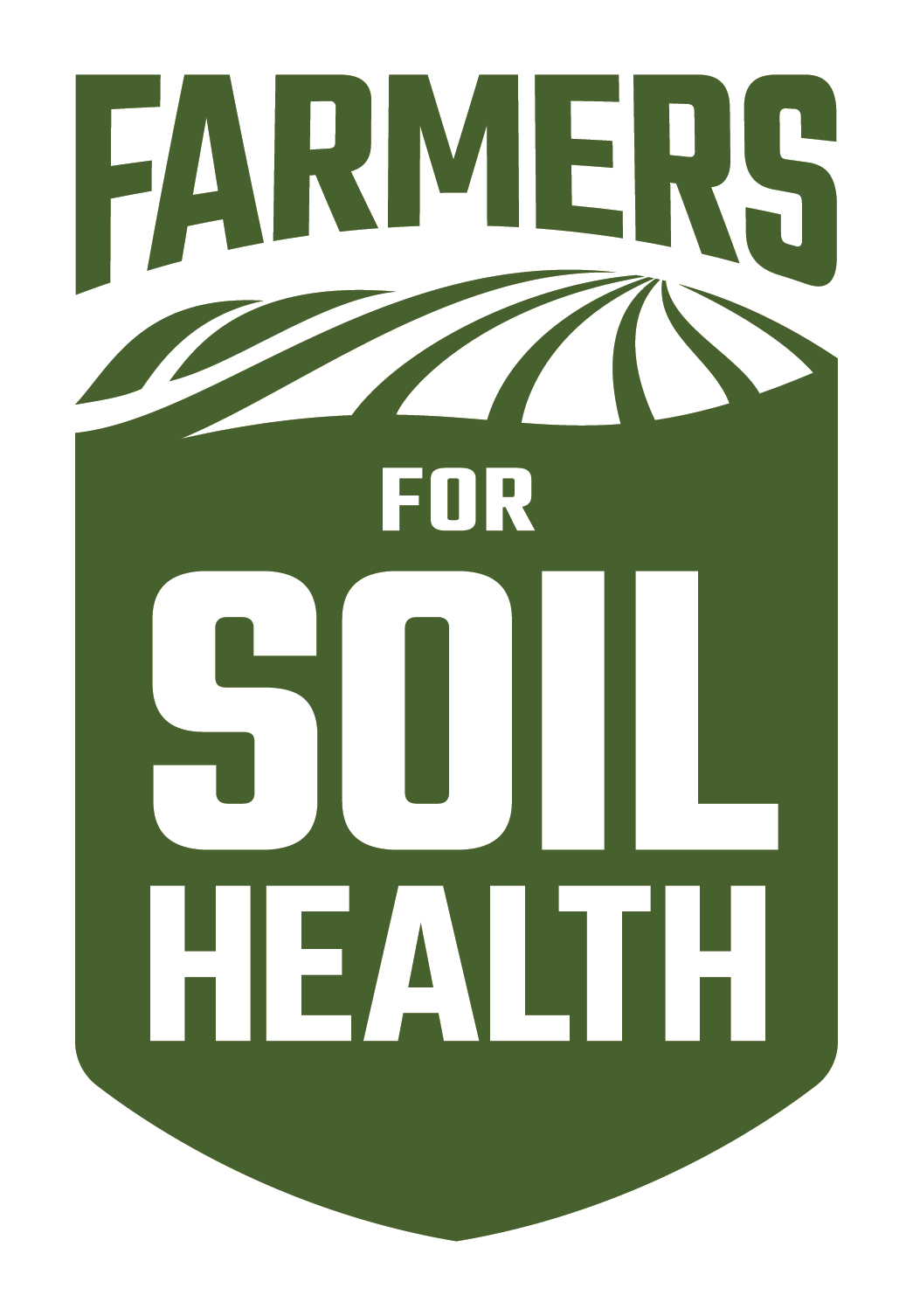All Soil Health Is Local with Garrett Marsh

There are a lot of similarities amongst farmers, but there is no denying the fact that every farm is different. Never is that more apparent than when you learn about a farming operation in a different part of the country than where you’re from. Louisiana farmer Garrett Marsh shares about some of his early experiences with cover crops, why he switched from flooding to row rice and how that fits into his rotation. Garrett shares about how his lifelong interest in soil eventually led him to cover crops.
“It’s worked out really well so far. Like I said, it’s cut down on erosion. I hadn’t had a whole super lot of weed pressure. So far, it’s been working good. I’m kind of wanting to get into some of the other cover crops that cost a little more. Just for the fact of, I want to try to do a little experimenting with the nitrogen savings on it.”
Garrett and his wife farm near Tallulah, Louisiana, which is just across the Mississippi River from Vicksburg, MS. His grandfather started out sharecropping in the area, so he is now the third generation of his family to farm that land. They farm around 1,700 acres of soybeans, corn, rice, wheat, and cotton. Garrett offers advice to producers considering incorporating soil health practices into their operations.
“Rather than jumping off into it headfirst and planting every acre you got in it, you know, I would suggest just kind of starting off slow, a couple of fields and experimenting with them. See how you like it. Cause I mean, it’s different for everybody. It really is, you know your neighbor is going to do something different than what you are and you just got to find the little niche that’s right for you and there’s no doubt that it’s going to.”
